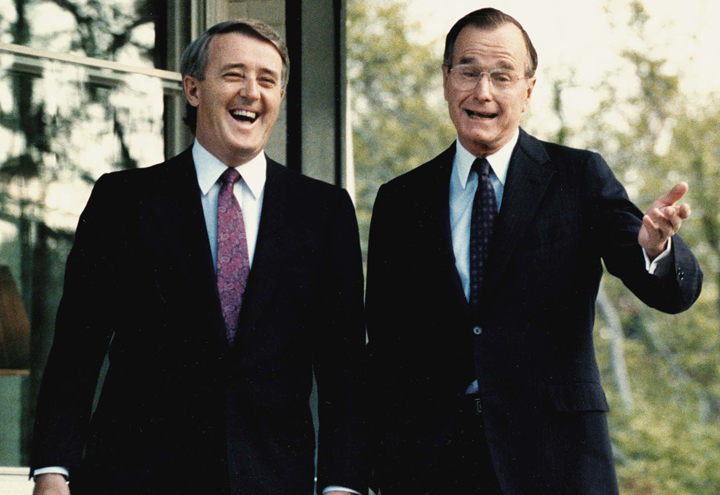It’s hard to imagine a better time in the United States than the summer of 1927. Prohibition was effectively dead, Babe Ruth and Charles Lindbergh were making history, and the economy was booming. And this all happened when there was almost no leadership whatsoever. The philandering and, as it turned out quite corrupt, President Warren G. Harding had died four years earlier. His decisions for the country, such as they were, amounted to appointing all the wrong people to all the wrong jobs and letting them run amok with the public purse. He was mourned briefly until Americans started to find out about him, and then no one ever admitted to having voted for him.

That dysfunctional administration was followed by Calvin Coolidge, the vice president no one had ever heard of. Coolidge steered clear of corruption, but he also had an aversion to work. In fact he hated it. Coolidge was renowned for his four-hour work days and his extended holidays. In the summer of 1927 he went to South Dakota for three months, where he learned to fish and dressed up as a cowboy. That, in fact, was the first and only time anyone can remember Coolidge smiling. His administration did nothing of great significance.
READ MORE: Do you trust your politicians? Does it matter?
The conclusion may be that good times and prosperity clearly don’t require good leadership. That’s true if you only look at 1920 to 1928, and most of 1929. We all know what happened next.
The absence of leadership in that decade produced an economic system that was on a long fuse to oblivion. By October 1929 the fuse was burnt and the world was plunged into darkness. The Great Depression was born and raised under Harding and Coolidge, but came to live in Herbert Hoover’s basement. The consequences of bad leadership are rarely evident when the mistakes are being made. It visits its unhappy victims in the next generation.
It’s hard to pinpoint the exact causes of failed leadership. Ignorance is one of course, so is laziness. But add to that list: power, and the lengths politicians are willing to go to keep it. Former prime minister Brian Mulroney, when he was unpopular, which was often, insisted that unpopularity was a virtue because it showed that he was not doing the popular things. This might seem self evident, but what he meant was that good political leadership requires leaders to take stands that are right as opposed to the flavour of the moment. In that regard he has the support of every unpopular politician in the democratic world.
READ MORE: Live discussion – Have your leaders lost your trust?
But the corrosive and, at times, corruptive force of power can eat away at our institutions and those who we elect to lead them. Power is so seductive that often the hard choices are bypassed for the quick happy fix.
It takes something called character to avoid. It takes a belief that sometimes winning is actually losing. Just ask Herbert Hoover.




Comments